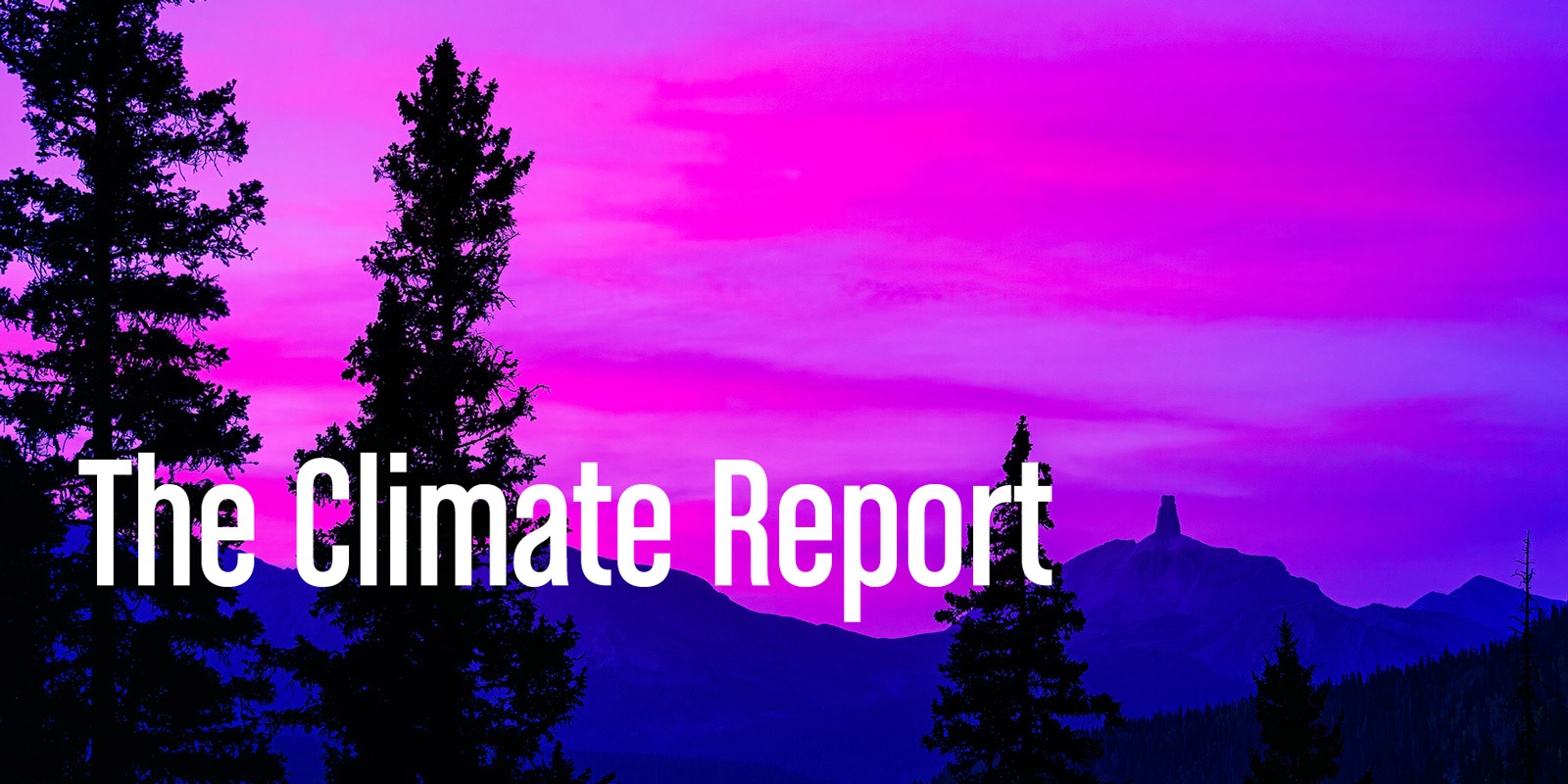
Active Battle Over the California Clean Air Act Waiver Continues
California's ability to set its own vehicle emission standards under its Clean Air Act waiver of federal preemption is in jeopardy given three joint congressional resolutions signed into law by President Trump on June 12, 2025, that rescind recent waiver authorizations. That same day, 11 states filed suit seeking declaratory and injunctive relief to invalidate the waiver rescissions. On June 20, 2025, the U.S. Supreme Court issued a decision holding that several energy industry plaintiffs have standing to challenge a 2022 EPA reinstatement of a waiver approval for a California electric vehicle ("EV") mandate.
The three resolutions rescinding California's vehicle emission standards were adopted pursuant to the Congressional Review Act ("CRA"), which allows Congress to block recently adopted agency rules by a simple majority vote. Each resolution rescinds a different EPA authorization of a California waiver request: one for the Advanced Clean Cars II ("ACC II") Rule, another for a package of rules containing the Advanced Clean Trucks Rule, and a third for the "Omnibus Low NOX" Rule. The ACC II Rule is an EV mandate, which imposes escalating targets for EV's share of new cars sold in California from 35% in 2026 to 100% in 2035; the Advanced Clean Trucks Rule imposes similar but less-extensive targets for electric or hydrogen-fueled trucks and large vehicles. The omnibus rule imposes a number of restrictions on heavy-duty engines and vehicles, including a tightened standard for emissions of nitrogen oxides. The CRA has never previously been used to limit or expand California's waiver authority. Notably, EPA is also using these CRA disapprovals in justifying its proposed rule to reconsider the 2009 Endangerment Finding and GHG vehicle standards.
The same day the resolutions were signed into law, 11 state attorneys general filed a lawsuit challenging them in the U.S. District Court for the Northern District of California. State of California et al. v. United States of America et al., No. 3:25-cv-04966 (N.D. Cal. filed June 12, 2025). The plaintiff states include California and 10 additional states that have adopted identical versions of one or more of the rescinded rules. The states argue that the CRA applies only to federal rules and thus Congress improperly relied on the CRA to target the state regulations. They further allege that the resolutions were passed against the advice of the Senate Parliamentarian and the Government Accountability Office, both of which determined that EPA waiver authorizations are not subject to the CRA because they are technically "adjudicatory orders" rather than "rules." The state plaintiffs asserted seven causes of action, including a claim that the resolutions were ultra vires—acting outside statutory authority—and violate the CRA and Administrative Procedure Act. It is unclear whether the rescissions will remain in effect during the pendency of the litigation; neither side has yet sought a preliminary injunction on that issue, although that is widely expected.
On August 11, 2025, three major truck manufacturers filed a lawsuit seeking to dissolve their voluntary Clean Truck Partnership initiative with California in light of the waiver rescissions. Daimler Truck North America LLC v. Cal. Air Resources Board, No. 2:25-CV-02255 (E.D. Cal.). The U.S. Department of Justice has sought to intervene in this and multiple other lawsuits aimed at enforcing the rescissions.
On June 20, 2025, the U.S. Supreme Court sided with energy and biofuels industry plaintiffs in a case involving a challenge to EPA's 2022 reinstatement of a separate waiver authorization. Diamond Alternative Energy, LLC, et al., vs. Environmental Protection Agency, et al., No. 24-7 (U.S. Jul 08, 2024). Although the Court's ruling concerned standing doctrine rather than the merits of the waiver, it may pave the way for additional substantive challenges to this or other EPA waiver authorizations to proceed. The plaintiffs challenged EPA's 2022 reinstatement of the first Advanced Clean Cars ("ACC") rule, which had been rolled back during the first Trump administration. They alleged that the ACC rule's phasing-out of gas-powered cars would lower fuel sales and prices, causing them economic injury. The U.S. District Court for the District of Columbia dismissed the case for lack of standing, reasoning that even striking down the rule may not redress this injury, as automakers could continue the transition to EVs absent the rule. The Supreme Court reversed in a 7-2 decision and remanded for further consideration, holding that common-sense economic inferences about the operation of the automobile market render the rule's injury to fuel producers highly likely, and that conversely, judicial elimination of the rule would predictably redress those injuries. Id., slip op. at 17. California Attorney General Rob Bonta issued a statement that his office will continue to defend the lawsuit on remand.
The stakes of these recent developments are high and could result in a fundamental limitation on the scope of the California vehicle emission waiver. This is particularly true given the broader context of EPA's contemplated rescission of its 2009 Endangerment Finding for GHGs, which underpins many vehicle emission regulations under the waiver, including some of the contested California Air Resources Board rules. Potentially affected companies should continue to monitor developments.
Read the full Climate Report.


